Join the community of the Center for Civil Liberties!
WHO WE ARE
The Center for Civil Liberties is a Ukrainian human rights organization founded in 2007. In 2022, it received the Nobel Peace Prize.
It promotes rule-of-law reforms, adapts laws to human rights standards, documents war crimes committed during the Russian armed aggression, trains on human rights and democracy, and monitors the activities of police, courts, and local self-government. The Organization takes an active part in international networks and solidarity actions to protect human rights in the OSCE region.
Ordinary people are much more influential than they imagine they are. Ordinary people do extraordinary things.

Head of the Center for Civil Liberties
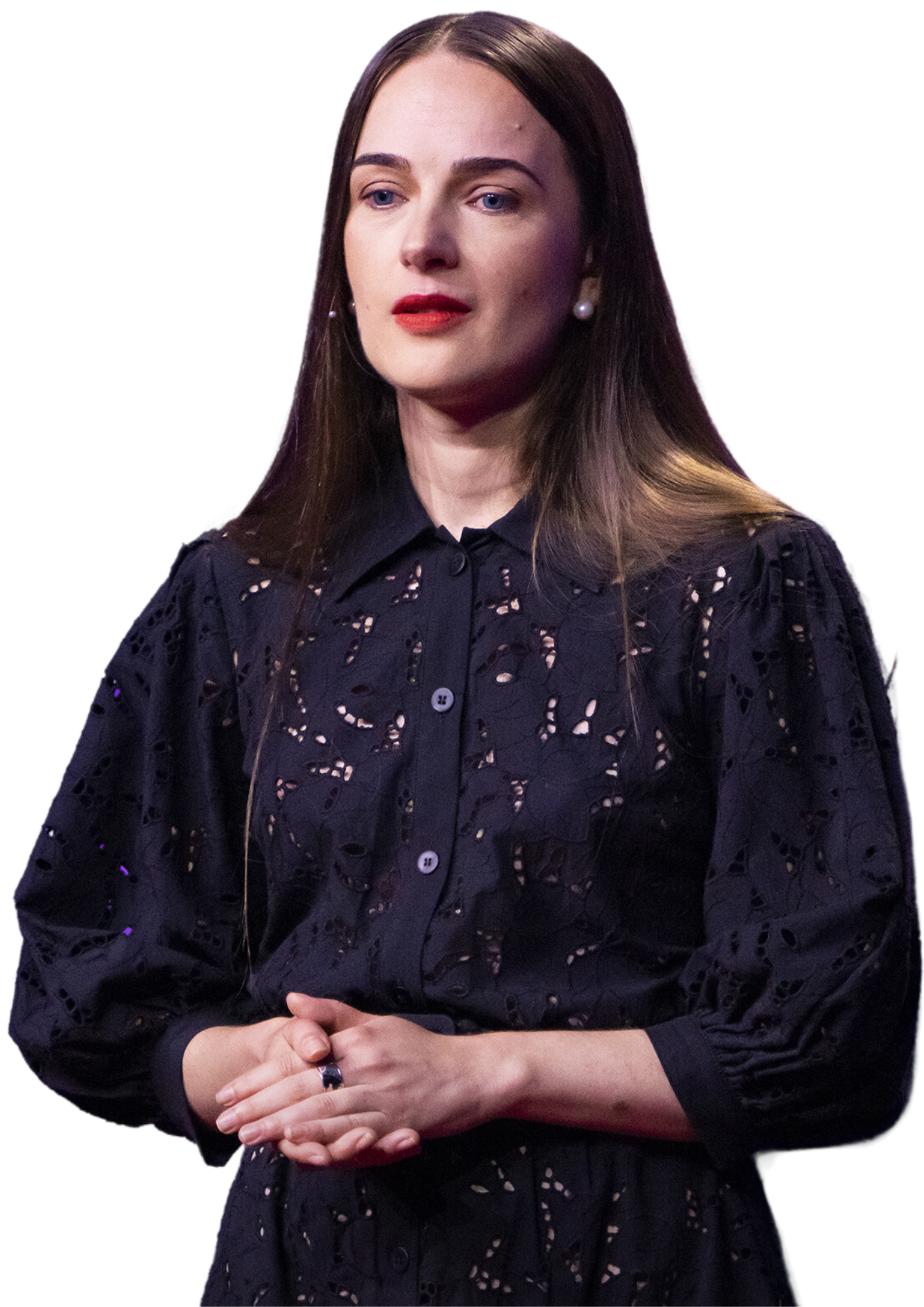
internship
An internship in the Center for Civil Liberties is the first step towards a career in international organizations and global companies.
Our interns help us draft analytical documents and participate in meetings with foreign partners and institutions. Their typical tasks include writing essays, editing texts, fact-checking, legal research and Ukrainian-English translation. The internship is offered on a non-paid basis.
bachelors, postgraduate students, and graduates who have used their right to take an academic leave
law, political science, international relations, philosophy, translation, PR, humanities, religious studies, history, cultural studies and philology
1-3 months
offline and online
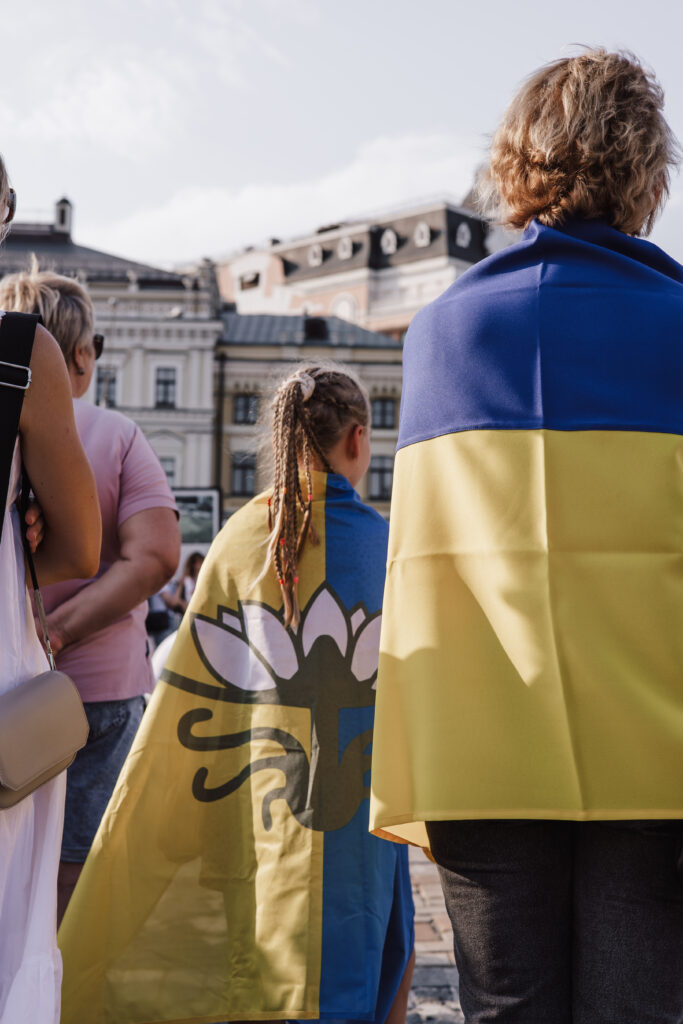
Volunteering
Volunteering at the Center for Civil Liberties: what is it like?
It is an opportunity to meet new people, learn something new and work with real-life situations. With us, you can find like-minded people and contribute to a cause that is both sensible and historically important.
is the number of calls responded to by the volunteers of the Euromaidan SOS initiative of the Center for Civil Liberties, who worked on a hotline to help victims and search for missing people during the Revolution of Dignity
people from 40 countries participated in the #SaveOlegSentsov campaign organized by the Center for Civil Liberties in support of Oleg Sentsov, a political prisoner and filmmaker who was released in September 2019
war crimes were documented by the Tribunal for Putin initiative, co-founded by the Center for Civil Liberties
people were engaged in the public monitoring of courts, peaceful assemblies and shelters as volunteers of the OZON Public Monitoring Group under the Center for Civil Liberties
People are in the focus of our activities!
They inspire us, give us resources and energy to unite communities and initiate changes required by society.
Feedback from
volunteers and interns
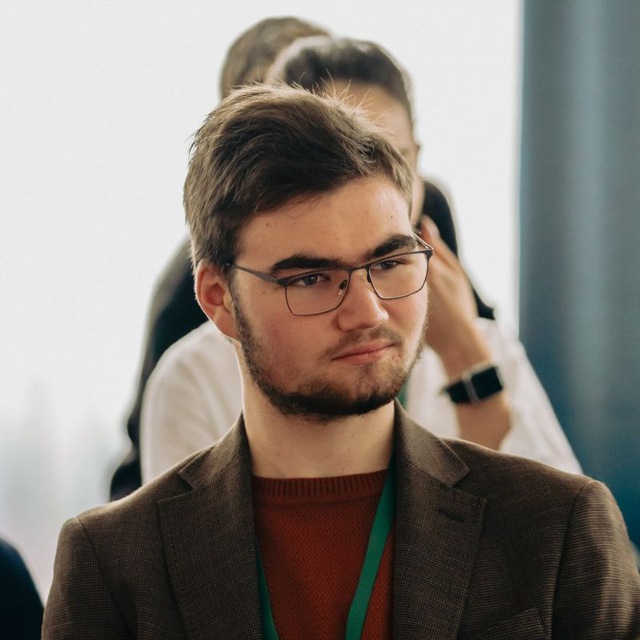
First, I joined the monitoring of police actions at peaceful assemblies to learn something and somehow revitalize my university studies. It was interesting for me to learn about the standards of police work, the role of public monitoring and my own role in this process. I received many bright memories from the monitoring and made friends who, like me, are committed to the freedom of peaceful assembly. Later, I became interested in advocacy—an opportunity to make a real impact on the police and their work. Now, in times of war, this issue remains relevant because war is always a kind of setback and a shift in priorities. Should we stop caring about the freedom of peaceful assemblies now, we will not be in such good shape after our victory when there will be many more reasons to protest, and there can be many more threats to freedom.
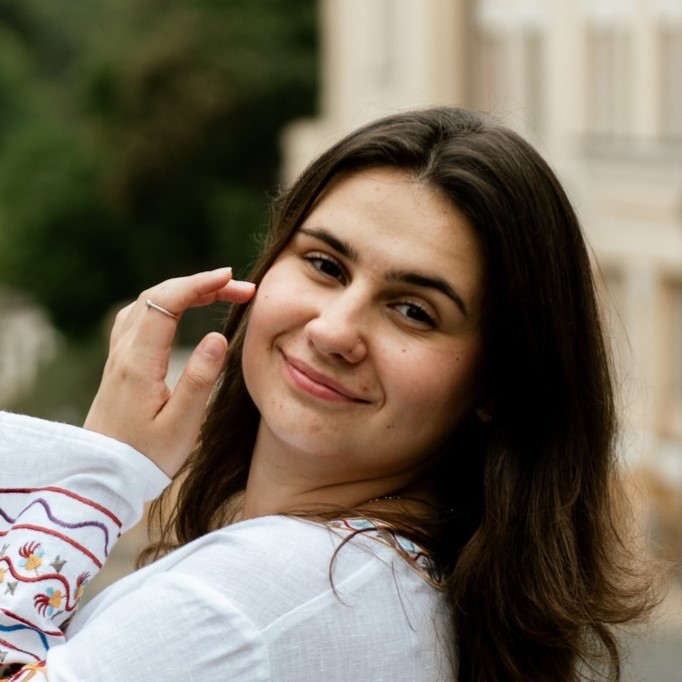
An internship at the Center for Civil Liberties was an opportunity for me to discover the Ukrainian civil society and join it through the Organisation’s projects. I met motivated human rights defendants, journalists and activists who are a source of inspiration for me.
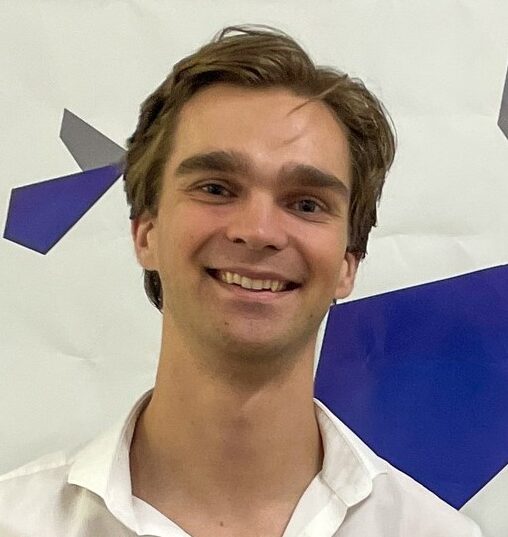
I joined the Center for Civil Liberties because I wanted to support the team, which each and every day fights for peace and democracy. As a person studying international law, I realized that there were so many things you couldn’t learn in a classroom. At the Organization, I had an opportunity to interview people who became victims of war crimes and meet the Ukrainian and international officials. It was the most meaningful summer I could have ever spent.
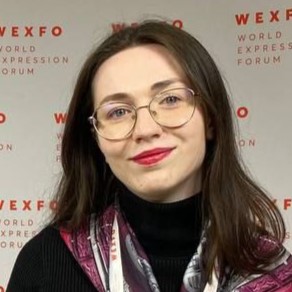
First, I joined the monitoring of police actions at peaceful assemblies to learn something and somehow revitalize my university studies. It was interesting for me to learn about the standards of police work, the role of public monitoring and my own role in this process. I received many bright memories from the monitoring and made friends who, like me, are committed to the freedom of peaceful assembly. Later, I became interested in advocacy—an opportunity to make a real impact on the police and their work. Now, in times of war, this issue remains relevant because war is always a kind of setback and a shift in priorities. Should we stop caring about the freedom of peaceful assemblies now, we will not be in such good shape after our victory when there will be many more reasons to protest, and there can be many more threats to freedom.
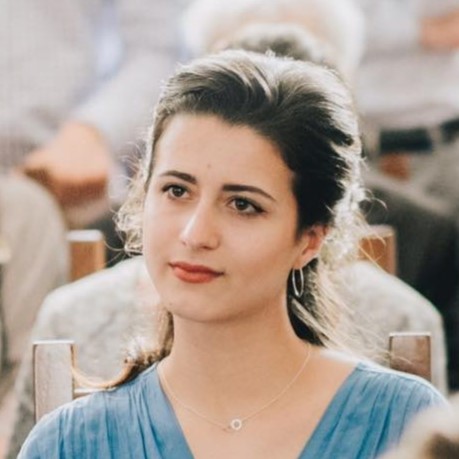
I joined the Center for Civil Liberties as an intern in 2021. The acquired knowledge about the political, legal, and humanitarian situation in Ukraine, as well as useful skills for working with local public organizations and authorities, allowed me to complete an internship at the General Directorate for Foreign Policy and Eastern Partnership of the European Parliament in Brussels. Currently, I work as a program coordinator at the European Endowment For Democracy, paying special attention to the support of civil society organizations, independent media, and democratic activists in Ukraine and Eastern European countries.
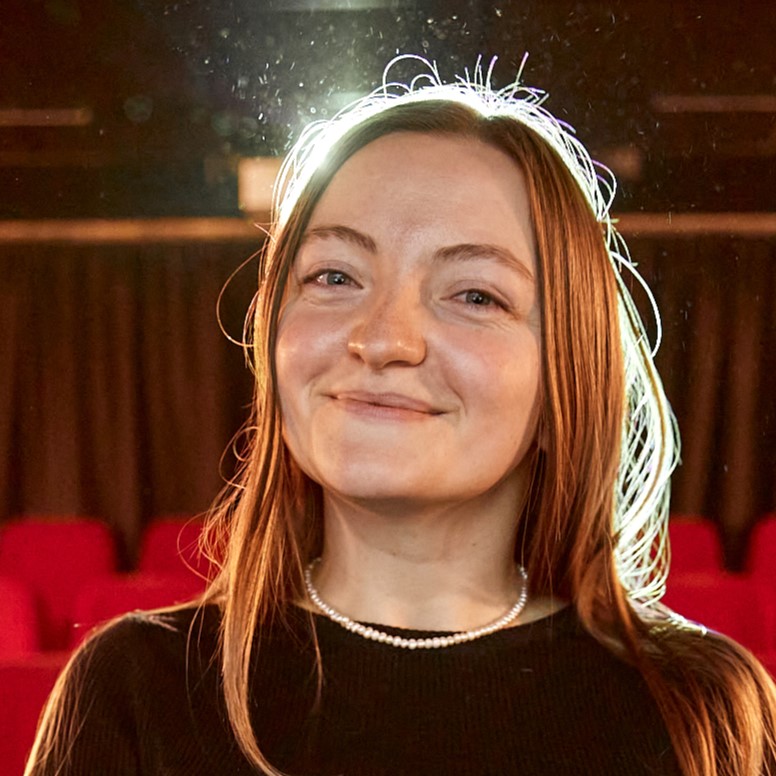
I am interested not only in learning about the observance of human rights in specific situations but also in taking part in improving the situation – to be part of the force that helps the state to improve and move forward.

